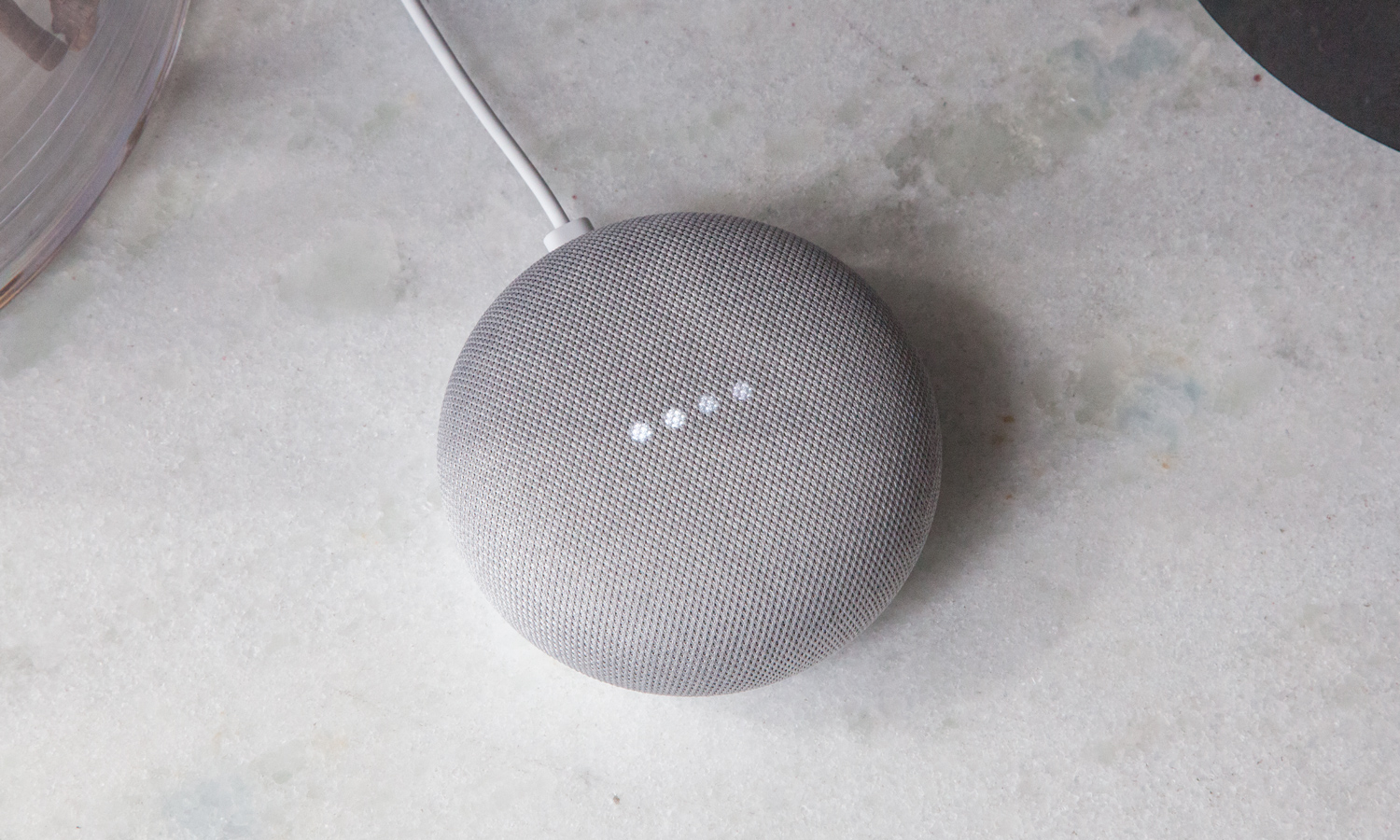Here’s the Real Reason Google Home Can’t Catch Amazon Echo
One analyst is urging Alphabet to give away $3 billion worth of Google Home Minis to close the gap with Amazon. It won’t work.
File this one under a desperate move that wouldn’t move the needle. A Morgan Stanley analyst is urging Alphabet, Google's parent company, to spend upward of $3.3 billion to put a Google Home Mini in every abode.
The reason? To try to catch up with Amazon and Alexa, which is pulling away from Google and Google Assistant in terms of retail search queries and, by extension, purchases being made through voice commands.

Here’s the problem. Just giving away smart speakers doesn’t mean that they’ll be used, and Amazon’s lead isn’t just about hardware.
According to MarketWatch, analyst Brian Nowak says that the $3.3 billion would be a “small price to pay,” and that Alphabet would more than make up for the investment with the resultant increase in retail search.
MORE: Alexa vs. Google Assistant vs. Siri: Google Widens Its Lead
But shoppers haven’t been conditioned to shop through Google as they have been with Amazon Prime. Amazon now has more than 100 million Prime customers who get access to free two-day shipping (or faster).
That same $119 annual fee for Amazon Prime provides all sorts of other perks as well, from free Prime video and music to Whole Foods discounts. Another key benefit? Exclusive access to deals.
Get instant access to breaking news, the hottest reviews, great deals and helpful tips.
In fact, you may have heard of Amazon’s juggernaut of a made-up holiday called Prime Day? The company has its own Black Friday, and it’s coming up soon.
Sure, Google has all sorts of competing services, including YouTube TV and YouTube Music. But Alphabet hasn’t tied anything together like Amazon Prime. And while shopping is a key part of the Google experience, Google is not a major retail force like Amazon is.
So will giving away smart speakers help a little? Sure, but to really beat Amazon at its own game, Google would need to change its business model and acquire a major retailer or become one. And I don’t see that happening anytime soon.
Alphabet has made some steps in this direction, recently forging an alliance with Chinese e-commerce firm JD.com while investing $550 million for a 1 percent stake. And last year, Google teamed up with Walmart to start offering the retailers products through its Google Express shopping service.
But it’s going to take more dramatic — and strategic — moves to make putting Google Home Minis in every home feel like a real step forward instead of an ill-informed lurch. There are better ways to spend that $3.3 billion — like maybe investing more money into making sure Google Home Mini and Chromecast don’t go down for nearly a day.
Mark Spoonauer is the global editor in chief of Tom's Guide and has covered technology for over 20 years. In addition to overseeing the direction of Tom's Guide, Mark specializes in covering all things mobile, having reviewed dozens of smartphones and other gadgets. He has spoken at key industry events and appears regularly on TV to discuss the latest trends, including Cheddar, Fox Business and other outlets. Mark was previously editor in chief of Laptop Mag, and his work has appeared in Wired, Popular Science and Inc. Follow him on Twitter at @mspoonauer.
-
jacksmith21006 But also unnecessary. Google started 2 years late and already now has the lead position.Reply
"Move over, Amazon Echo. Google Home now sits upon the smart speaker throne"
Why on earth would they give them away?
We started with an Echo and now have several Google Homes. It is really no contest. -
janne.oksanen I think you fail to realize that Amazon shopping is only popular in the US. In Europe Google is hugely popular where as Amazon is just one online retailer among many. In Europe you don't get free Prime shipping, Amazon is not cheaper or quicker and trying to buy anything there at least half the time ends in Amazon telling me the stuff I'm tying to buy can't be shipped to my location. On the other hand a voice assistant that plays nice with my Android phone and Chromecast is hugely valuable to me.Reply
 Club Benefits
Club Benefits






